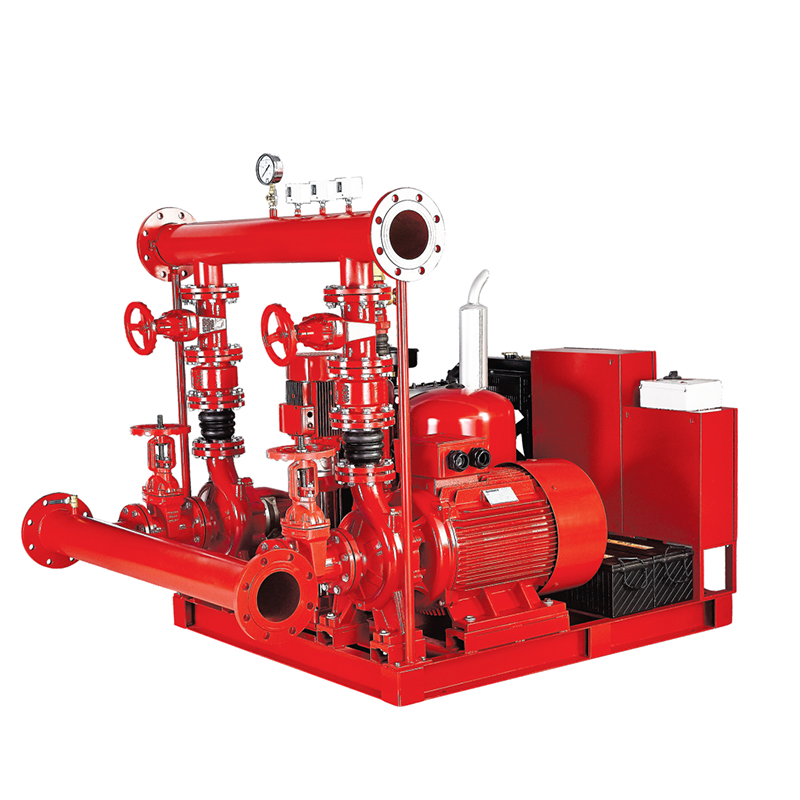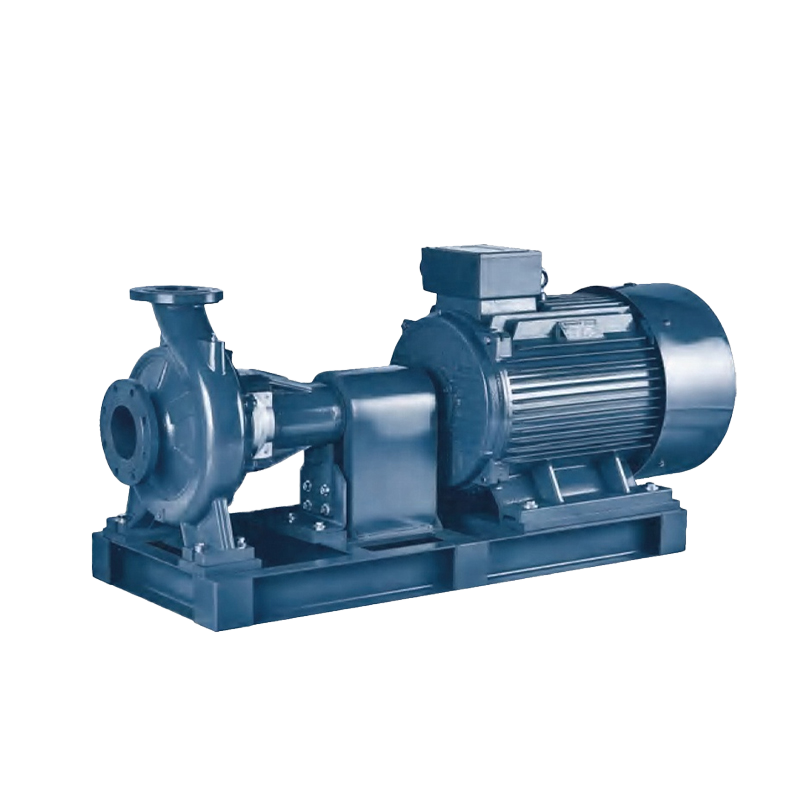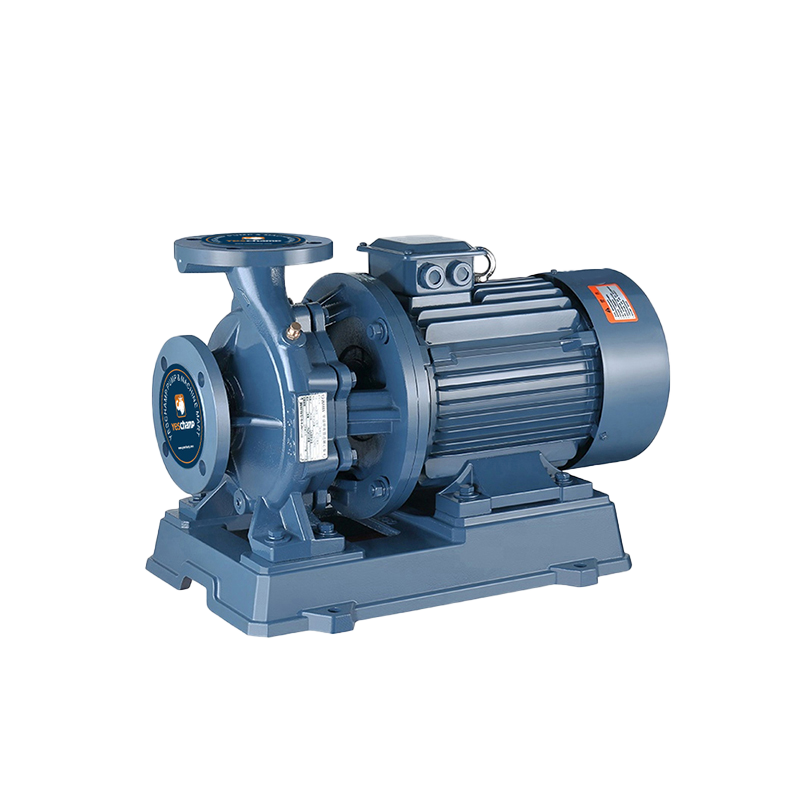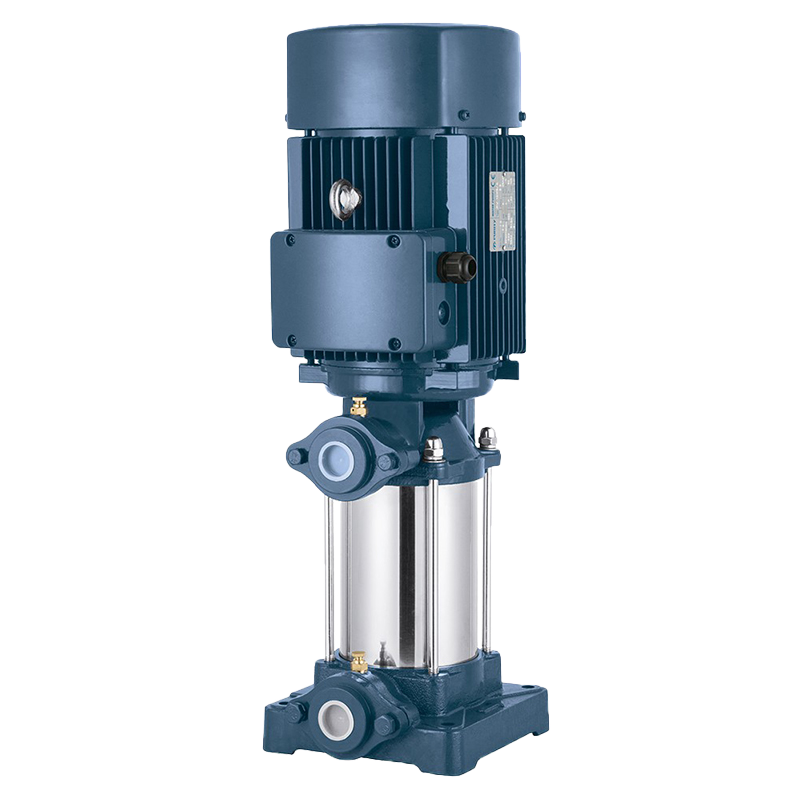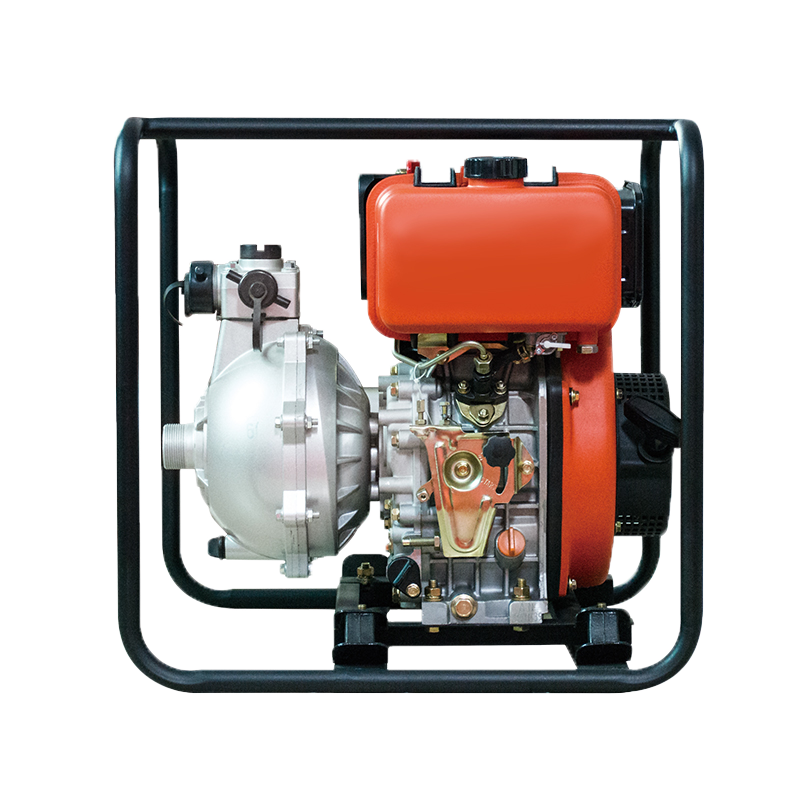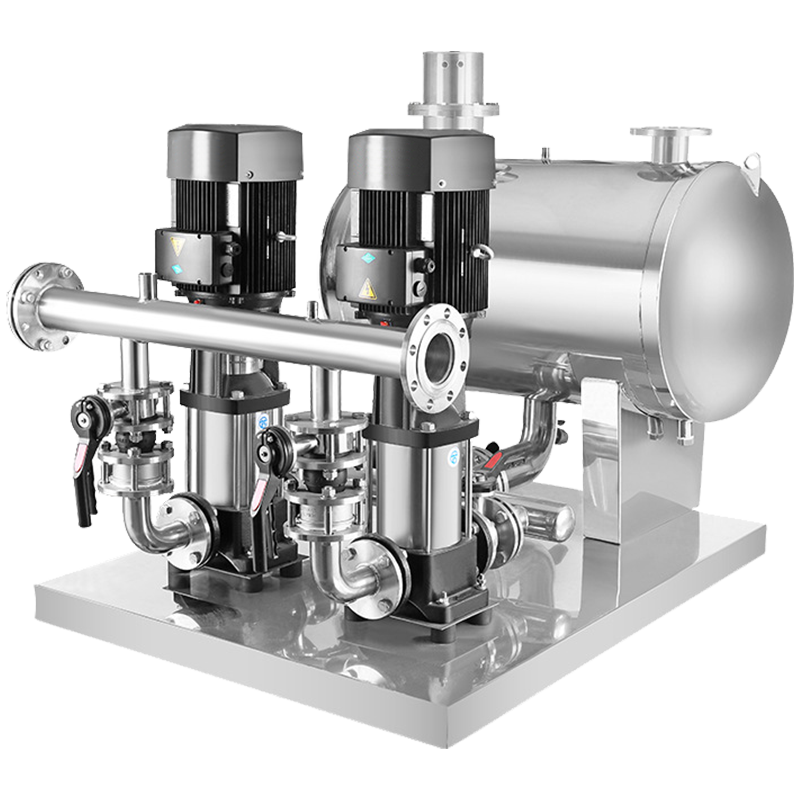What is a Split Case Pump?
In the world of industrial and commercial fluid handling, efficiency and reliability are paramount. Among the various types of pumps available, the split case pump stands out as a workhorse for high-flow, high-pressure applications. But what exactly is it, and why is it such a popular choice for engineers and facility managers?
A split case pump, specifically a horizontal split case pump (HSCP), is a centrifugal pump where the casing is split along the horizontal axis of the shaft. This unique design allows for easy access to the pump's internal components—such as the impeller, shaft, and bearings—without disturbing the motor or the connected piping. This feature is the cornerstone of its widespread adoption.
How Does a Split Case Pump Work?
Operating on the principles of centrifugal force, a split case pump functions as follows:
Fluid Entry:
Liquid enters the pump through the suction inlet at the center of the impeller (the eye).
Energy Transfer:
The rotating impeller, powered by an electric motor or engine, transfers kinetic energy to the fluid, flinging it outward.
Conversion of Energy:
The volute-shaped casing captures the fluid and efficiently converts the velocity into high pressure.
Discharge:
The pressurized fluid is then discharged from the pump outlet and into the system.
The double-suction impeller is a key feature of most split case pumps. Fluid enters the impeller from both sides, which balances the axial hydraulic thrust, reduces bearing load, and allows for smoother, more stable operation.
Common Applications of Split Case Pumps
The reliability and efficiency of split case pumps make them ideal for numerous sectors:
Water Supply and Distribution:
Municipal water works, booster stations, and irrigation systems.
HVAC Systems:
Circulating chilled water and hot water in large commercial buildings, hospitals, and campuses.
Industrial Processes:
Cooling water circuits, fire protection systems, and raw water transfer in manufacturing plants, power plants, and refineries.
Mining and Dewatering:
Handling large volumes of water in mining operations.
For applications requiring robust, efficient, and easy-to-maintain pumping solutions, the horizontal split case pump remains an industry-leading choice. Its intelligent design directly addresses the core needs of modern industry: minimizing downtime, reducing operational costs, and ensuring long-term reliability.
 English
English عربى
عربى
 Fire Pump and System
Fire Pump and System Split Case Pump
Split Case Pump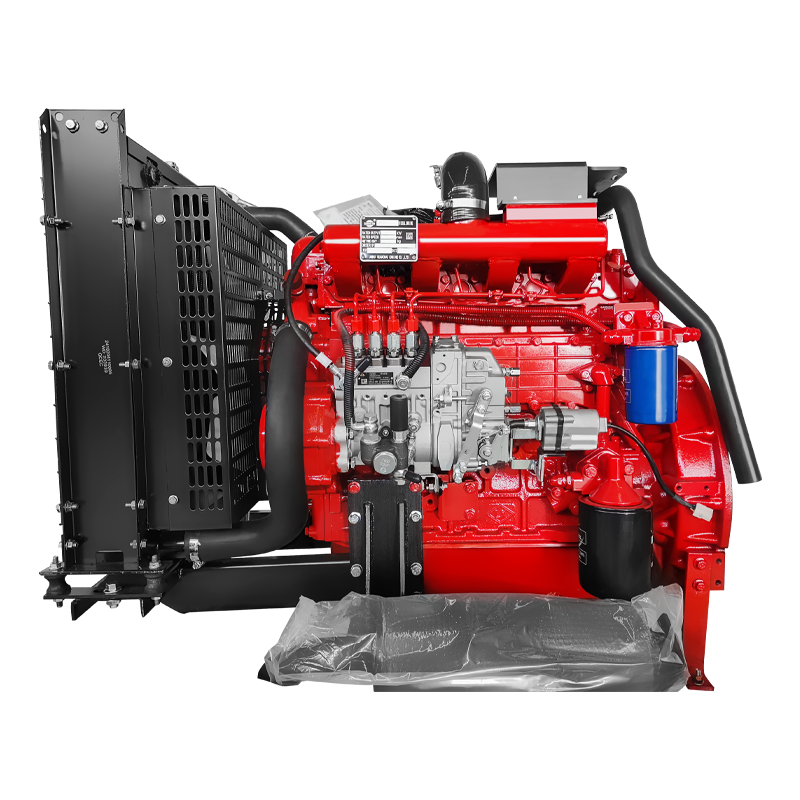 Engine and Pump
Engine and Pump Long Shaft Pump
Long Shaft Pump Multistage pump
Multistage pump Water Supplier System
Water Supplier System Sewage Pump
Sewage Pump Industrial Pump
Industrial Pump Self-Priming Pump
Self-Priming Pump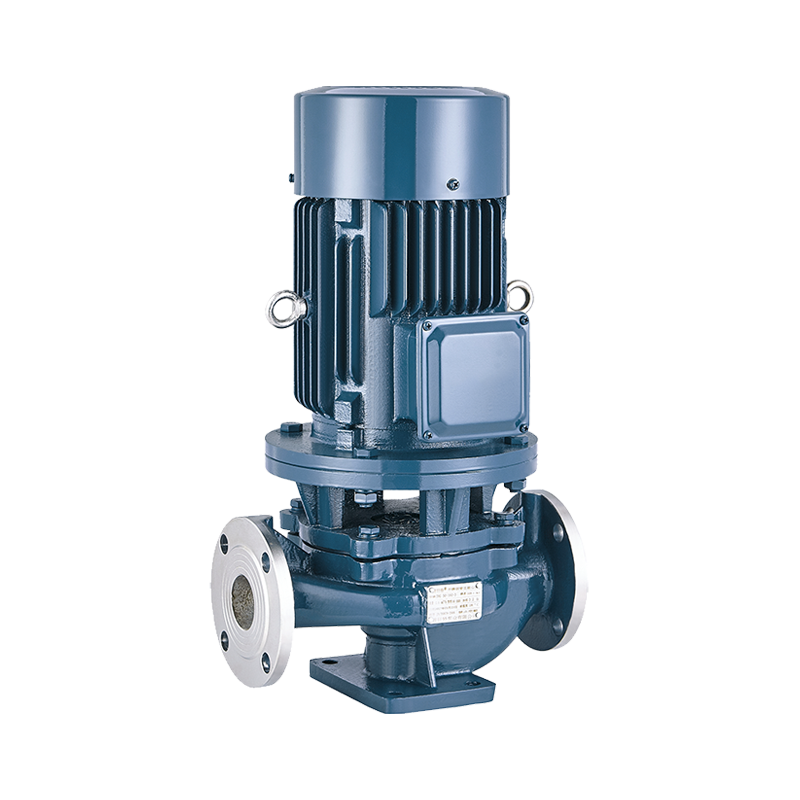 Inline Pump
Inline Pump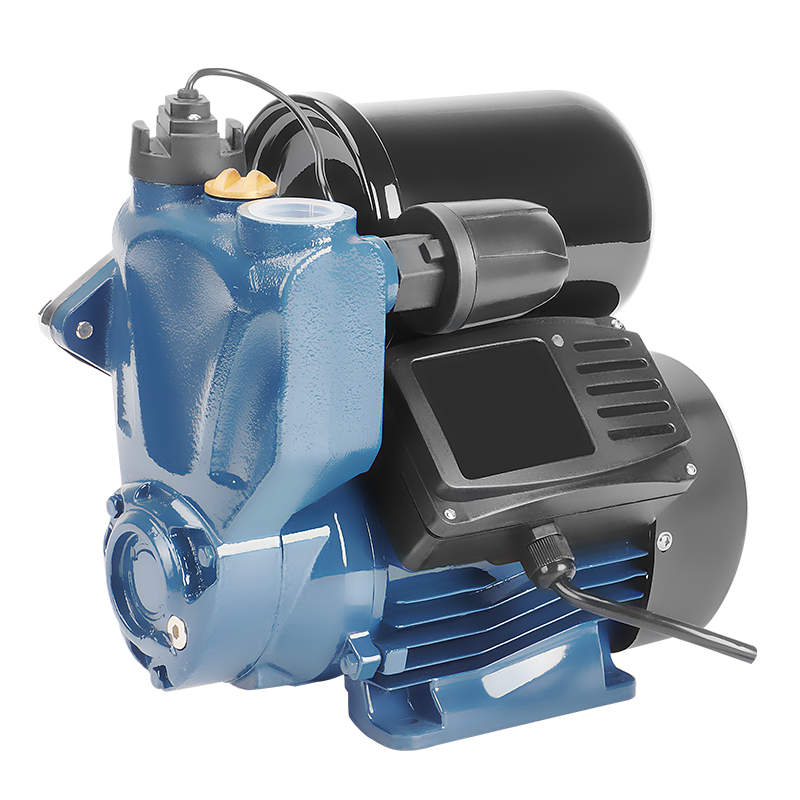 Domestic Pump
Domestic Pump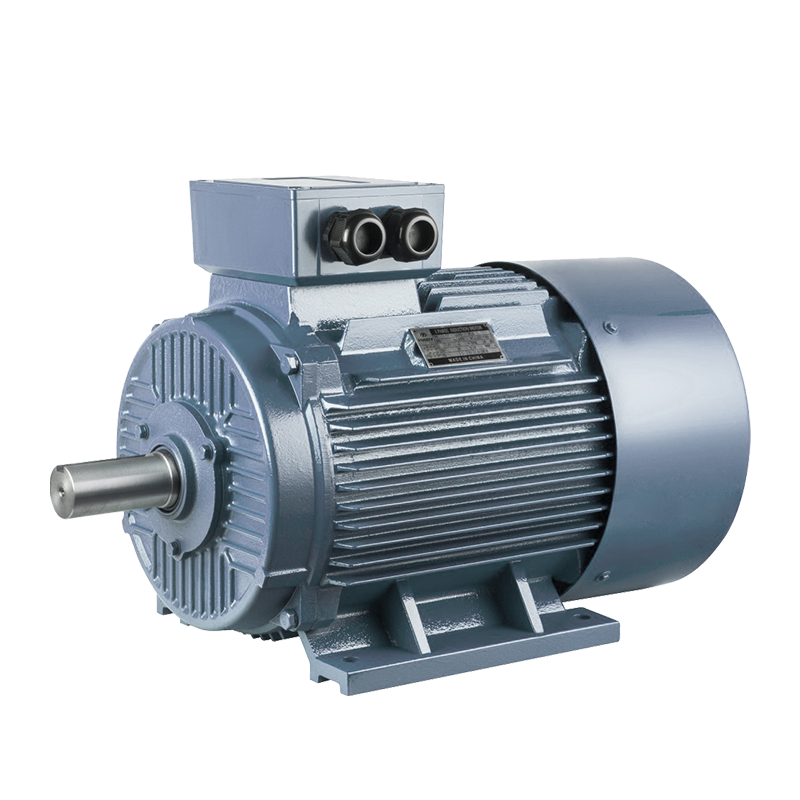 Electric Motor
Electric Motor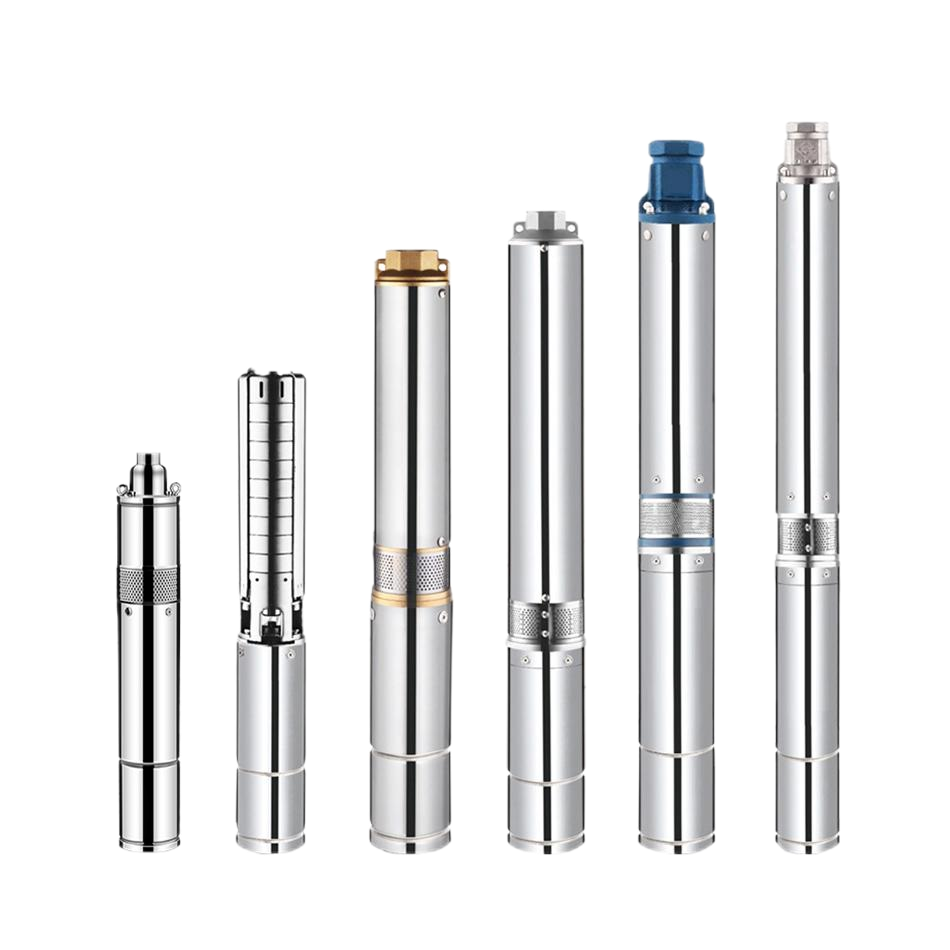 Borehole Pump
Borehole Pump
